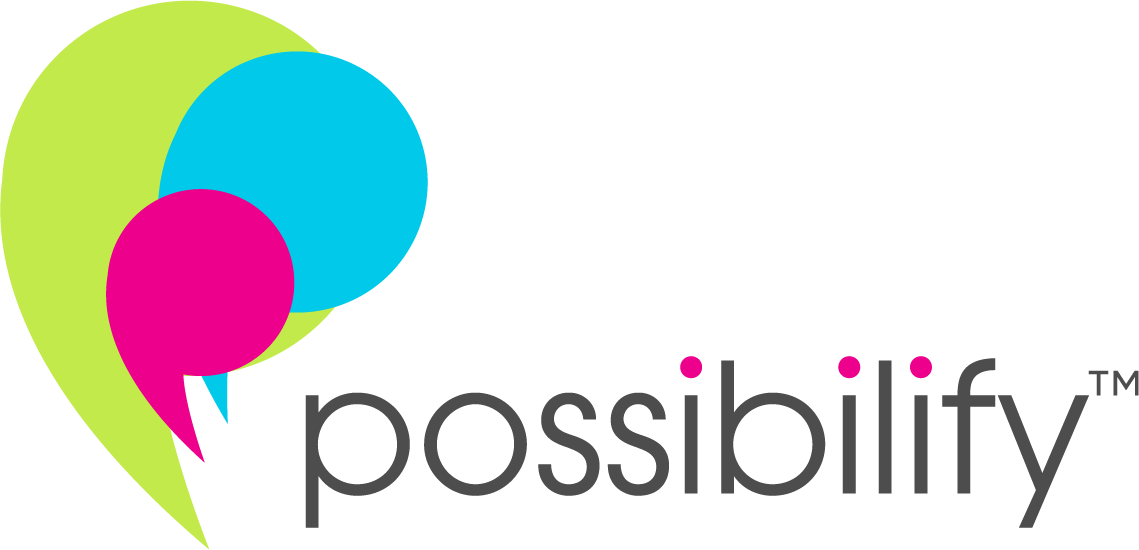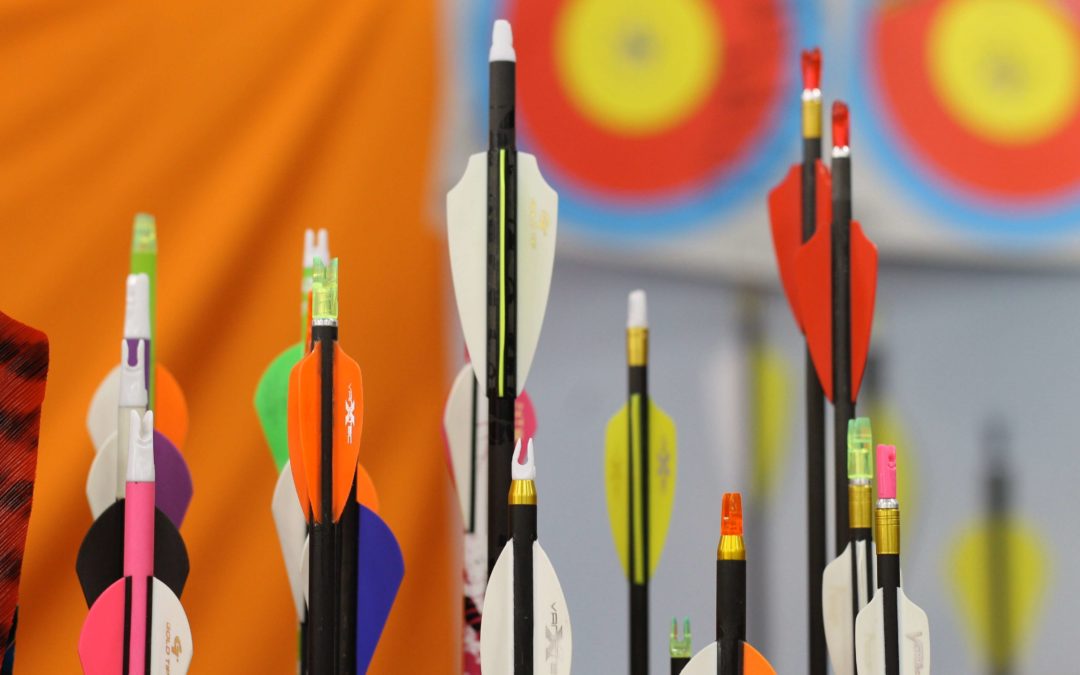- Anti-Racism Tip #8: If It Needs a Disclaimer, Don’t Say It - October 18, 2022
- On Tender Moments that Take Us By Surprise - May 18, 2022
- Finding Creative Ways to Exercise During the Pandemic - April 29, 2022
An expert archer relies on their arrows to hit their target. And before they shoot they check to make sure every arrow in their quiver is the right kind for the task at hand.
Recently, I was listening to an interview with Keith Krach on the Disrupt Yourself podcast. In the interview, he talked about the arrows he carries in his quiver that have helped him achieve success in his career and in his life.
Krach has led several large companies to notable success by building high performing, cohesive teams. In the interview, Krach identifies the arrows in his quiver as: innovation, being visionary, resilience, perseverance, and having the ability to unify people.
The idea of carrying arrows everywhere we go that we can draw upon when needed really resonates with me. It’s a wonderful thought that we can always reach back and pull out an arrow whenever we need it to help us face challenges with grace.
So how do we figure out which arrows are in our quivers? Here are three ways to identify the arrows you are carrying.
1. Spend time self-reflecting.
This sounds as simple as it is. Give yourself five minutes to reflect on your own positive qualities and characteristics. Write a list of five to ten words that you would use to describe yourself.
Even though it’s simple, it may be harder than you think. Many of us have a hard time thinking about ourselves in positive ways. At times, we can be our own worst critic so trying to identify even one or two positive qualities may be a challenge.
If you’re having trouble, think about obstacles you have encountered and the qualities and characteristics you drew on to overcome them. As Anastasia Lintner points out in her recent article, you can also think about the qualities and characteristics other people have that you admire and consider whether you see these qualities and characteristics in yourself.
I did this exercise and I came up with the following list:
- Purposeful: I have made deliberate choices in my life and career to be on the right side of history.
- Loyal: I’m fiercely loyal to those who deserve it.
- Determined: When I set my mind to achieve a goal, I’ll do it no matter what – even if it takes me a long time.
- Authentic: I’m honest about who I am with others and take a stand for what I believe in (even when it might be uncomfortable to do so).
- Resilient: Even at the most challenging times, I show up and do my very best in the circumstances.
As I wrote this list of words down, I realize that these qualities are also the qualities I admire in others who have influenced me both directly and indirectly.
2. Ask others for help.
Other people can also help us identify our positive qualities and characteristics. One simple idea is to ask your friends and family to describe you in 2-3 words on Facebook or another social media channel.
I tried this out and all the words that people used to describe me were thoughtful – some were very unique and others were used more frequently. The most frequently used words to describe me were:
- Driven
- Intelligent
- Passionate
- Kind
- Strong
- Compassionate
- Funny
I can see why people chose each of the words they chose. And even though I understand why people chose those words, some of them surprised me. For example, many people chose the word “intelligent” and objectively that makes sense – I finished my PhD in law, and always got good grades in school. Interestingly though, I would never choose that word as a top word to describe myself since rather than thinking of myself as inherently intelligent, I think of myself as a lifelong learner. I’m driven to keep learning and critically reflecting on the big ideas that I come across in my life. And rather than attributing this to intelligence, I think that anyone with the drive to keep learning, like I have, could accomplish many of the same things and could also deepen their own abilities to think critically. This realization deepens my self-understanding that I am deeply committed to a growth mindset.
I appreciated the time and care people took to describe me and it was a really great exercise to help me reflect on how others perceive me and how that compares to how I see myself.
3. Complete personality or leadership tests.
There are many personality and leadership tests that can help you identify your qualities and characteristics. In general, I’m not a big fan of tests that categorize people into one of just a few categories because each of us is so unique. In my view, it’s so important not to minimize the complexity of each person and paint a diverse group of people with the same brush.
Despite my skepticism, I have found the few leadership and personality tests that I have completed at training workshops insightful and consistent in their results.
Going into these tests, I thought I would clearly end up in one category – leader. After completing two of these tests, my results were consistent that I’m tied in leadership and relationship-building qualities. These results help me understand the kind of leader, colleague, friend, wife and mother I am. These tests also confirmed my self-perception but deepened my understanding of my preferred leadership-style – collaborative and relational.
So for those of you who are up for it, you may want to give this a try. Here are some free tests to get you started and there are many more available online:
The Big Five Personality Test measures 5 major dimensions of personality: Openness, Conscientiousness, Agreeableness, Extraversion, and Neuroticism.
The TypeFinder Personality Test is based on the 16 personality types set out in the Myers Briggs test and is available free online.
Gretchen Rubin’s Four Tendencies Quiz (this points out your tendencies, which can be seen as negative or positive depending on how you look at them).
- Upholders respond readily to outer and inner expectations:
- Questioners question all expectations; they’ll meet an expectation if they think it makes sense
- Rebels resist all expectations, outer and inner alike
- Obligers meet outer expectations, but struggle to meet expectations they impose on themselves
If you’re willing to pay a little bit of money for a test, many people find the StrengthsFinder test ($19.99 for basic results, $49 for full results) very helpful to help them understand their own strengths and positive attributes. If you would rather get a physical book along with the StrengthsFinder test, you can purchase any of these three books to get an access code for the online quiz, including results:
For those who are willing and interested in trying out these types of personality tests, you might just be surprised at what they reveal to you about yourself.
Which arrows do you want to add to your quiver?
Once you compile your final list reflect on whether there are value and characteristics that you want that may not be present yet. Ask yourself which arrows you want in your quiver and consider the ways you can cultivate those qualities in yourself.
With a little self-reflection, you may just be amazed at the wonderful qualities and characteristics you have. These unique strengths and characteristics have been born out of who you are and how you have grown from challenges you have experienced. And these unique strengths will help you overcome obstacles that you encounter on your journey in this world.
So carry your quiver with pride – each arrow represents a positive quality or characteristic that you already have. You have fought for every single arrow you have in your quiver and will fight for every new arrow you add to the bunch!
We would love to hear your thoughts in the comments below. And if you enjoyed this article, please share it!
If you liked this article, check out:


Recent Comments